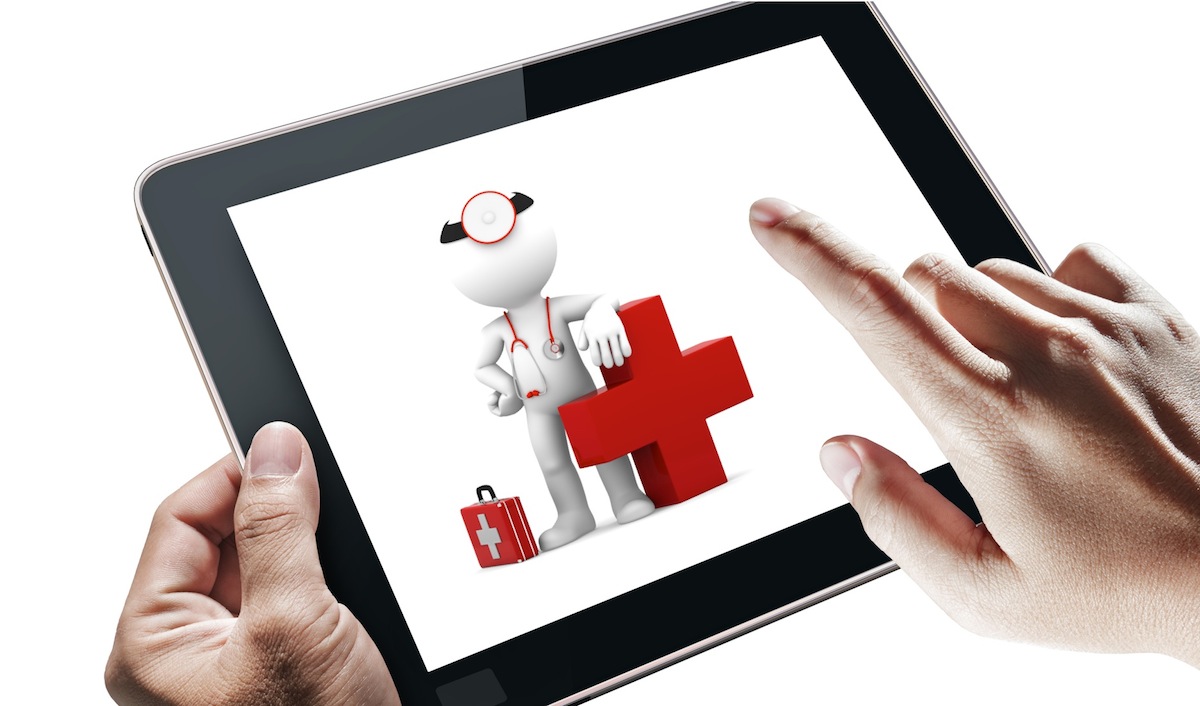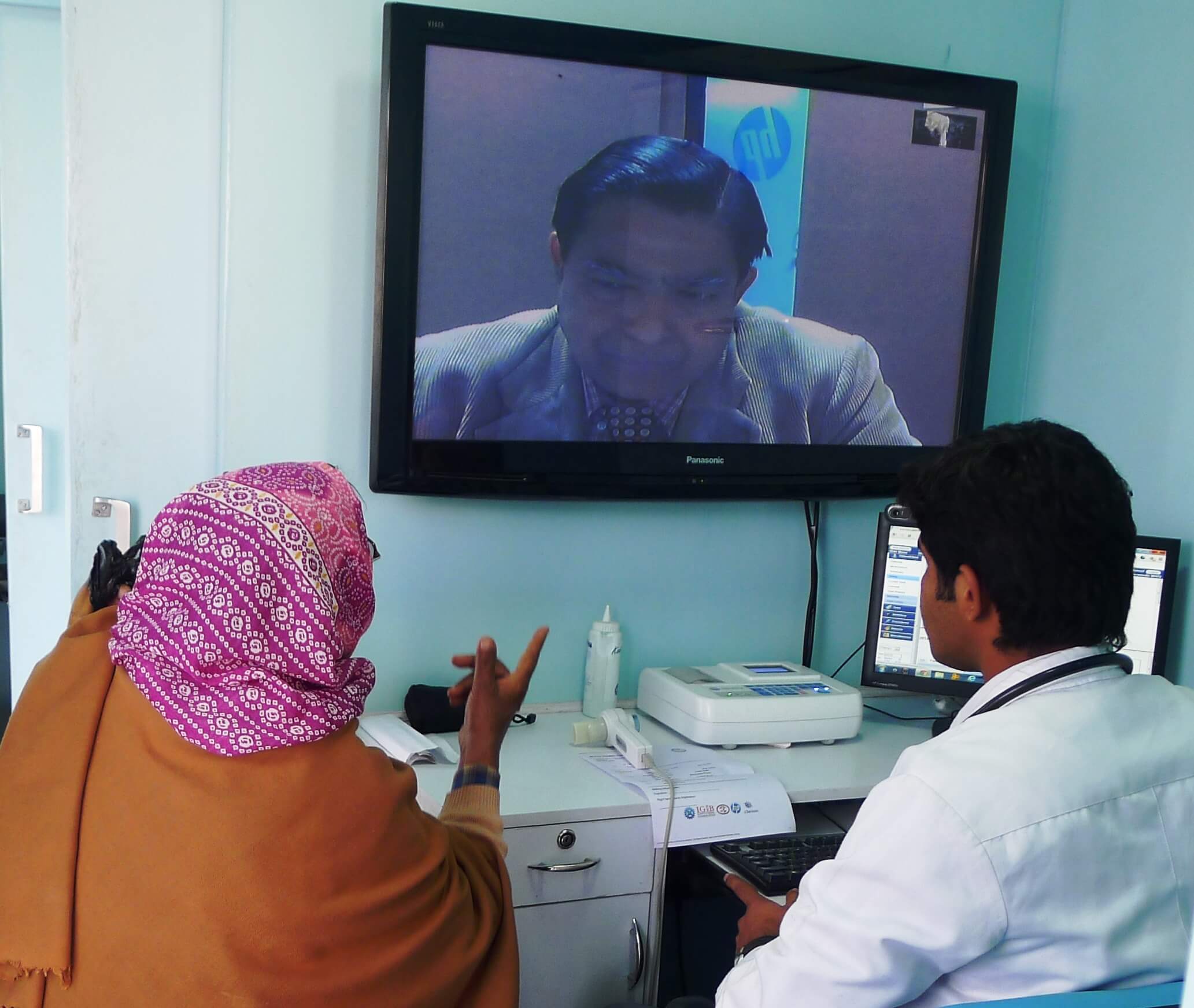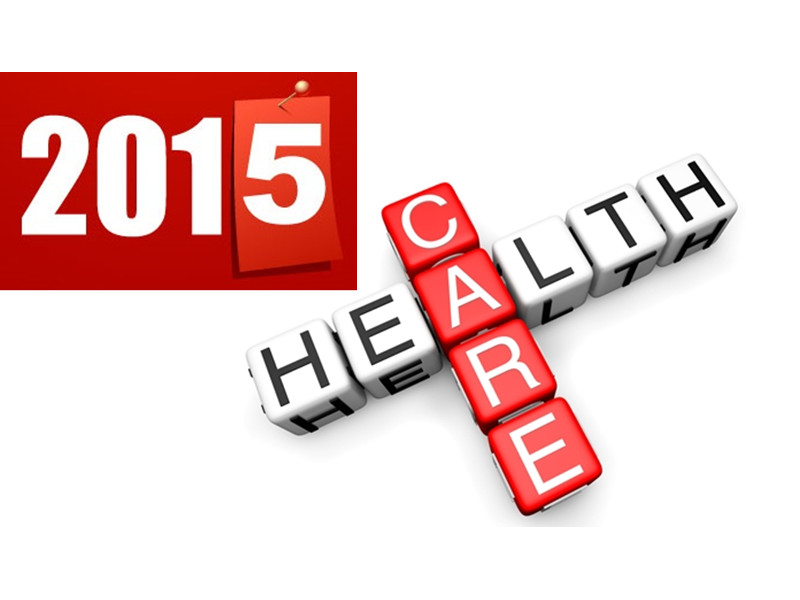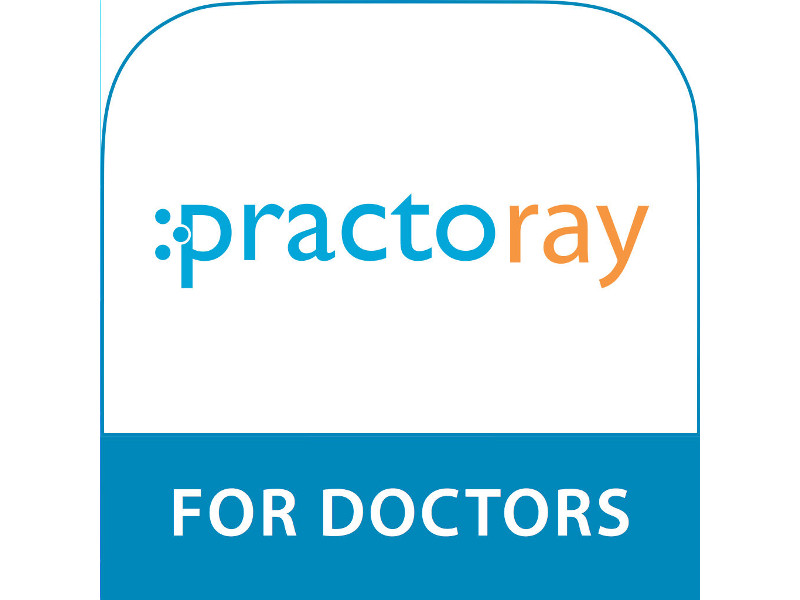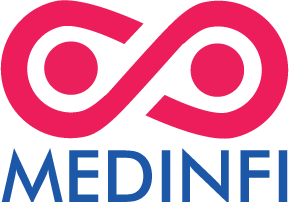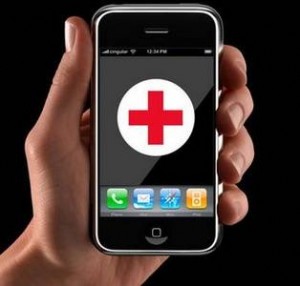The mobile healthcare has not yet come up and still is in the initial levels in most of the countries. mHealth has seen a lot of failures so far, but still shows potential to be beneficial for general masses. There was a randomized control trials conducted in Uganda to assess the impact of a mobile phone-driven health service for the poor. The issue with the poor was found to be very minimal. Although after the awareness of such application, most of them were keen to use the service. It was also found that the people seem to learn from this particular text-message query-based product. Also the major barrier which becomes the obstacle for good use of mobile health services is language and literacy. There was a health Tips study was conducted in Uganda over an 18-month period. The IPA surveyed, 800 people in 60 rural communities, which assessed demographic profiles, attitudes, and knowledge and behavior regarding sexual and reproductive health, and collecting data from local clinics. There was a marketing campaign initiated to target the areas which acted as treatment and other control areas. The health tips service is believed to target the poor and aim for higher uptake, impact and sustainability of the services. The telecom services are appreciated to bring such valuable services to large numbers of people. The study also indicated that improvements in knowledge about HIV and contraceptives had limited information to be shared. It was also seen that phones have the potential to reinforce existing tendencies, rather than change behavior, because they make it easier to seek and find information.

Be a part of Elets Collaborative Initiatives. Join Us for Upcoming Events and explore business opportunities. Like us on Facebook , connect with us on LinkedIn and follow us on Twitter , Instagram.


